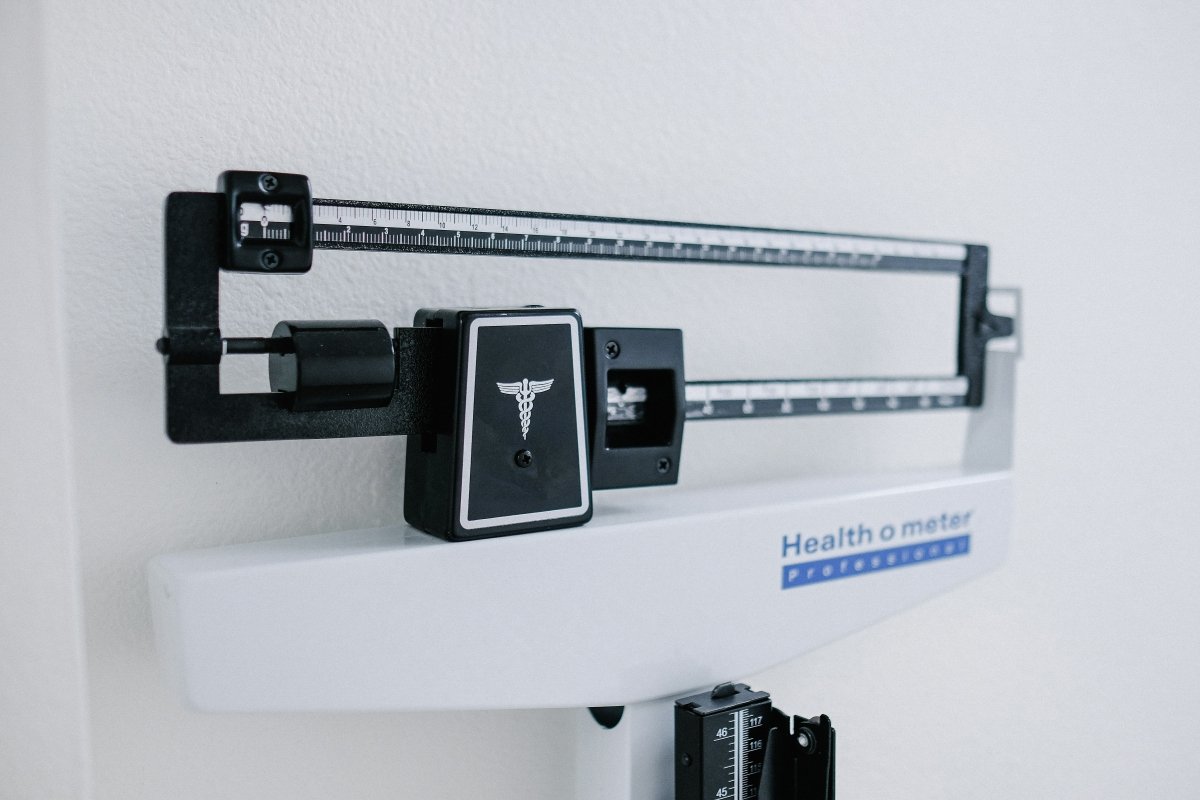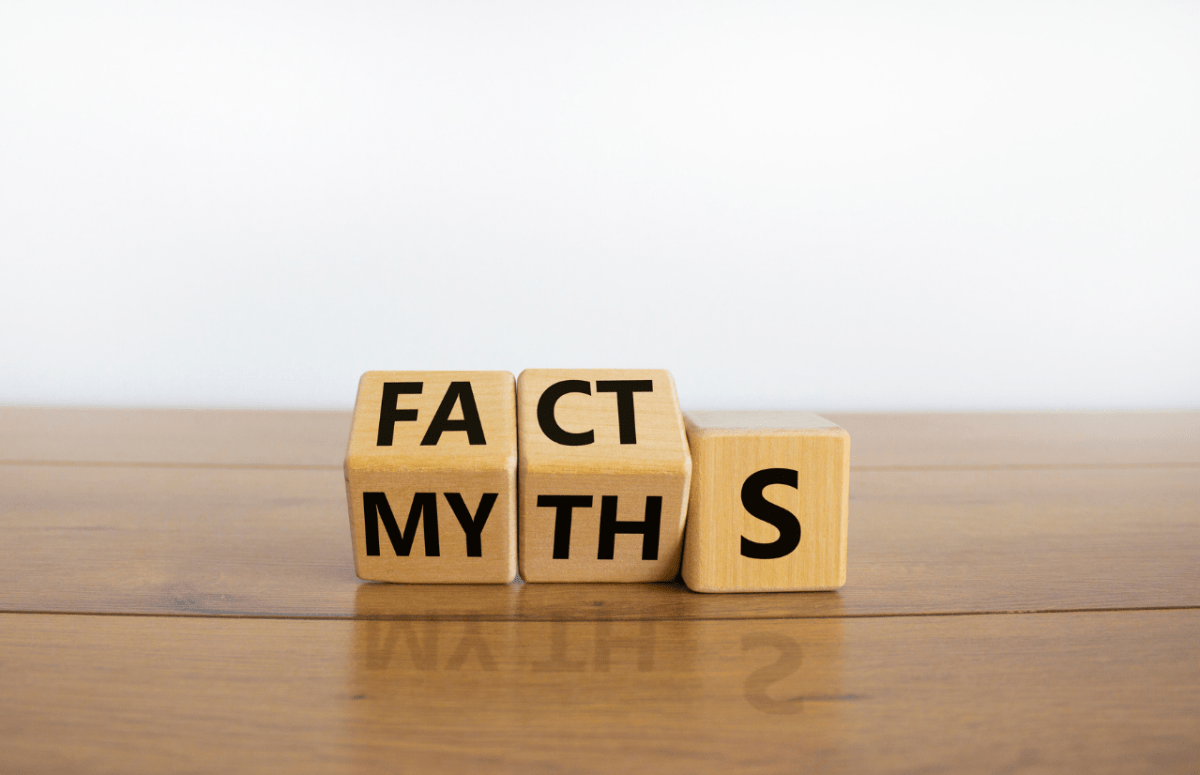Your genes play a key role in your susceptibility to weight gain and obesity. Identifying the role your lifestyle and DNA characteristics play within your body can help you to make informed choices about your lifestyle choices.
Satiety is a technical word for feeling full and the ability of our body to suppress the feeling of hunger for some time after we have eaten a meal. If the satiety response wasn’t present at all we could, in effect, just carry on eating because there would be no signals to tell the body to stop eating. The feeling you get after eating a meal which makes you feel like you cannot physically eat anymore is the satiety response. Feeling really full, often means the response will last longer, but if we don’t feel full then the temptation to eat will be increased.
There are several signals taking place in the body to help us to feel full and suppress our hunger. Hormones in the body play a major role in this response, particularly the hormone leptin (also known as the satiety hormone). When you eat, leptin is released by fat cells in the body, known as adipocytes, and is transported to the brain across the blood-brain barrier, a membrane that separates the blood from the fluid in your brain and spinal cord (cerebral fluid). The amount of leptin released by cells is related to the amount of body fat you have. For example, the more fat someone has, the more leptin there will be circulating in their blood. If fat mass increases over some time, then so too will leptin levels. Likewise, if fat mass decreases, as will leptin levels. Leptin acts to adjust food intake and energy expenditure over time.
Certain genetic changes can influence leptin signalling meaning that the hormone has difficulty connecting to the receptor in the brain that signals how full you are. If the hormone and receptor do not join correctly, this can lead to over eating, as the brain is not signalling that it is full. You can assist this process by following a healthy diet and eating nutritious foods that have a satiating effect. Take a look at some of the best and worst foods to keep you full below.
Some of the best foods for keeping you full:
- Boiled Potatoes
- Bean Sprouts
- Watermelon
- Grapefruit
- Carrots
- Oranges
Some of the worst:
- White Bread
- Raisins
- Sugar
- Potato Chips
- Croissants
Hence why it is easier to eat a lot more of these unhealthy foods.
Filling foods are generally high in fibre or protein and consequently fall high on the satiety index scale. Focussing on whole, nutrient dense foods will not only make you feel full but also keep you healthy in the long run.





Share:
Heart Attacks and Diet
What are the Benefits of Your Daily Cup of Coffee?